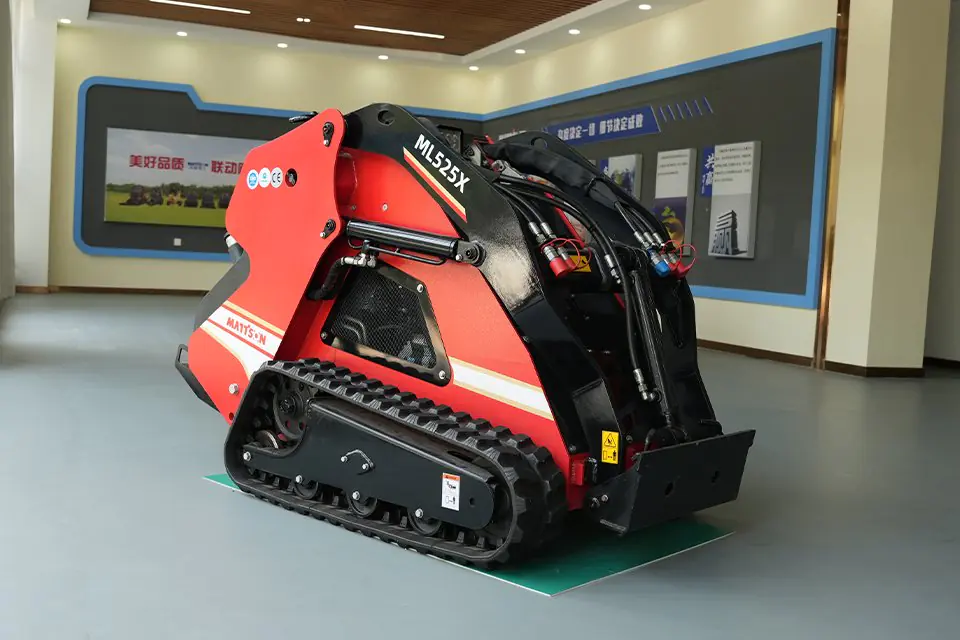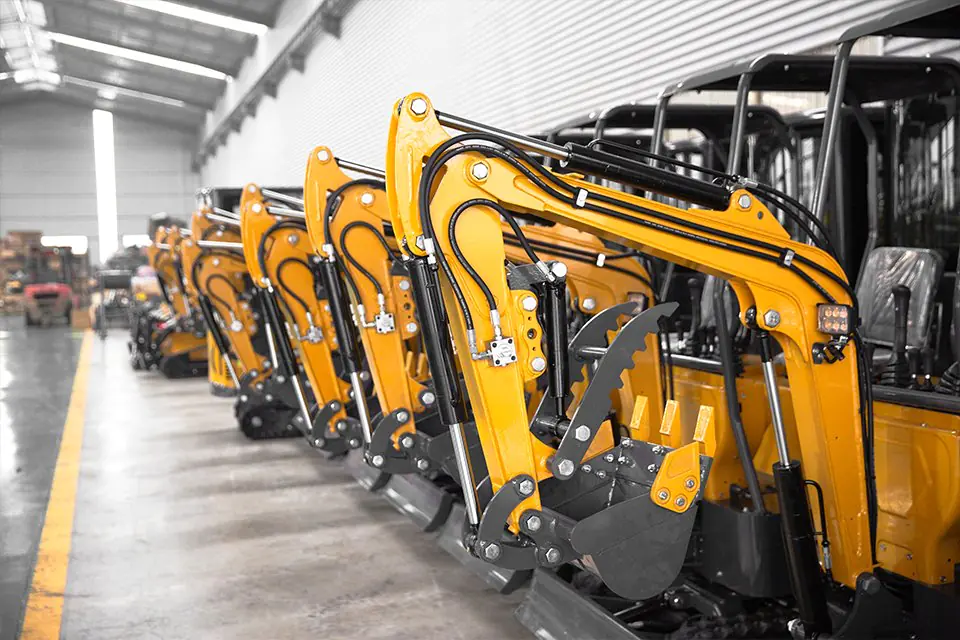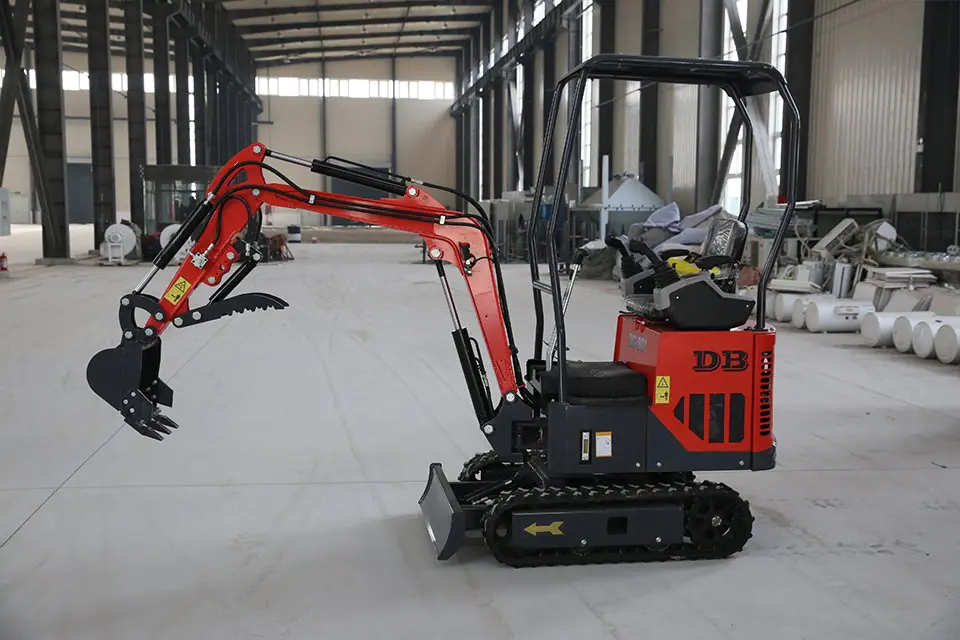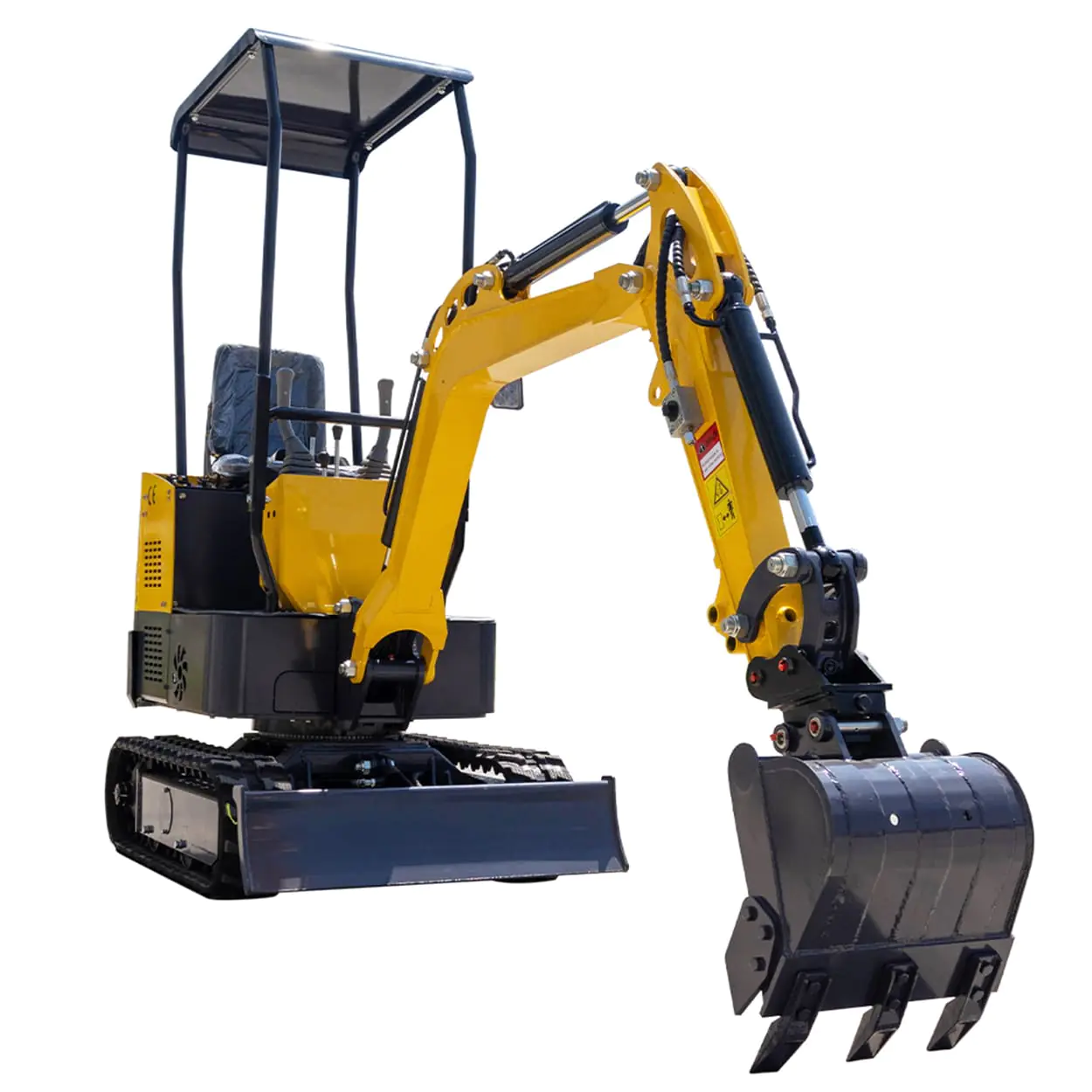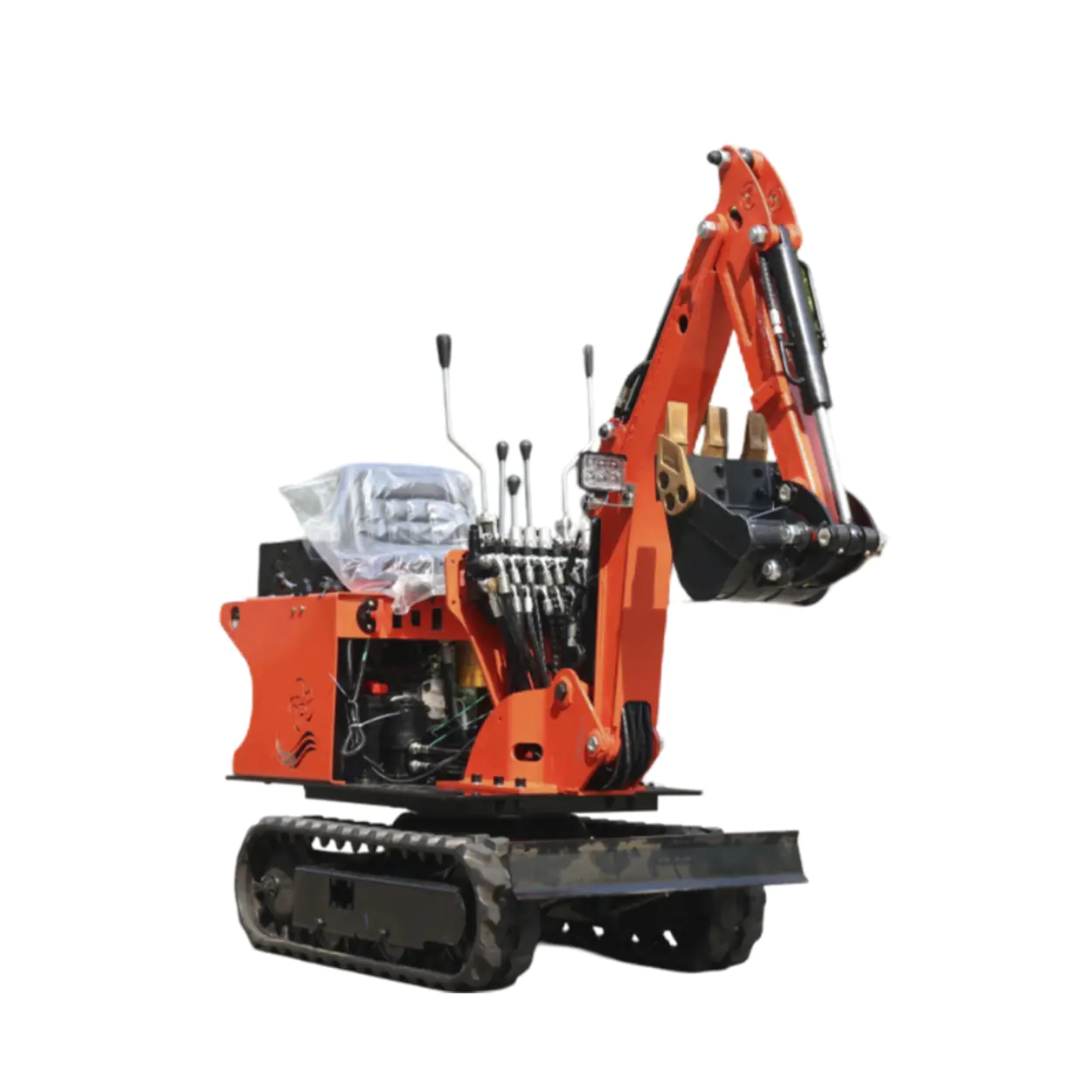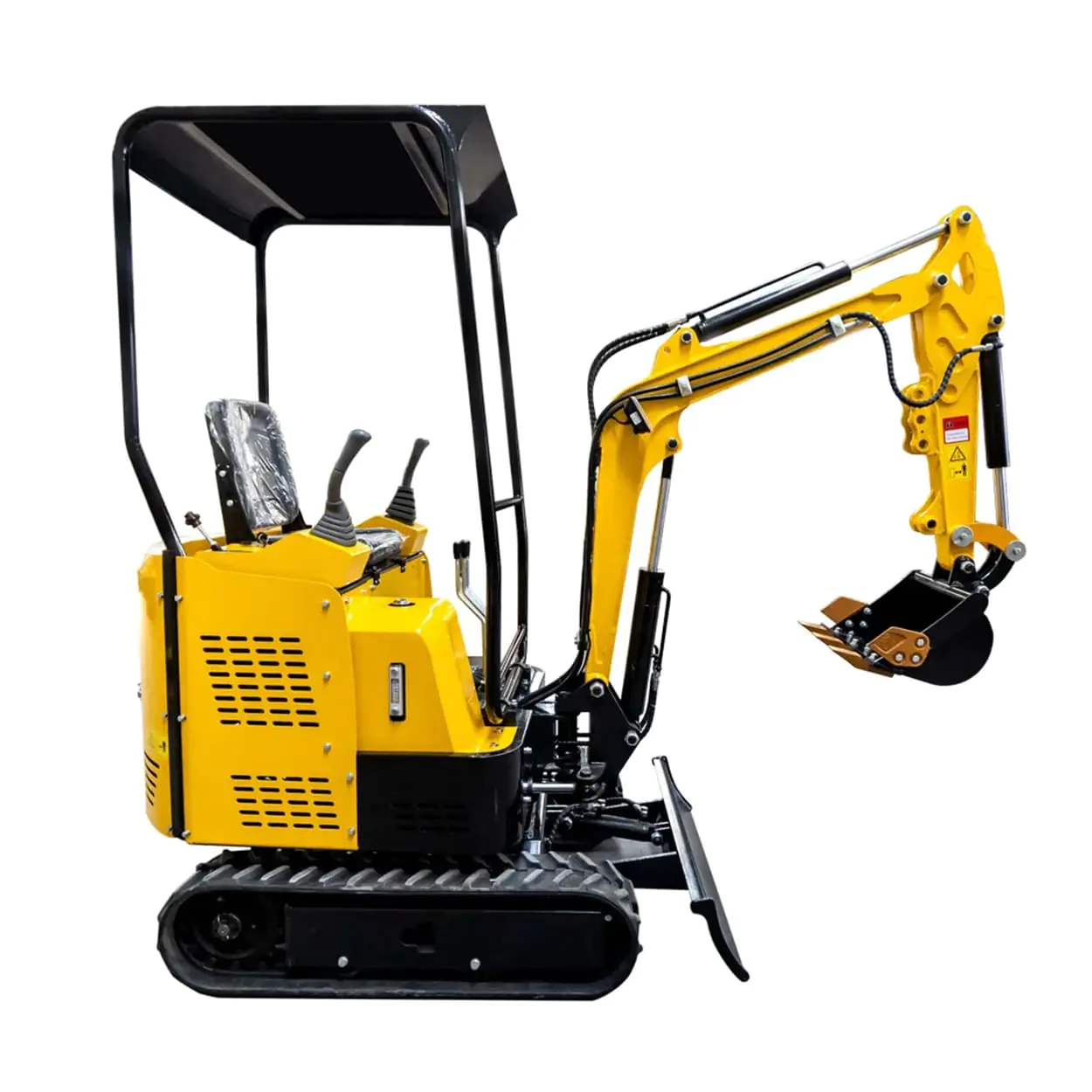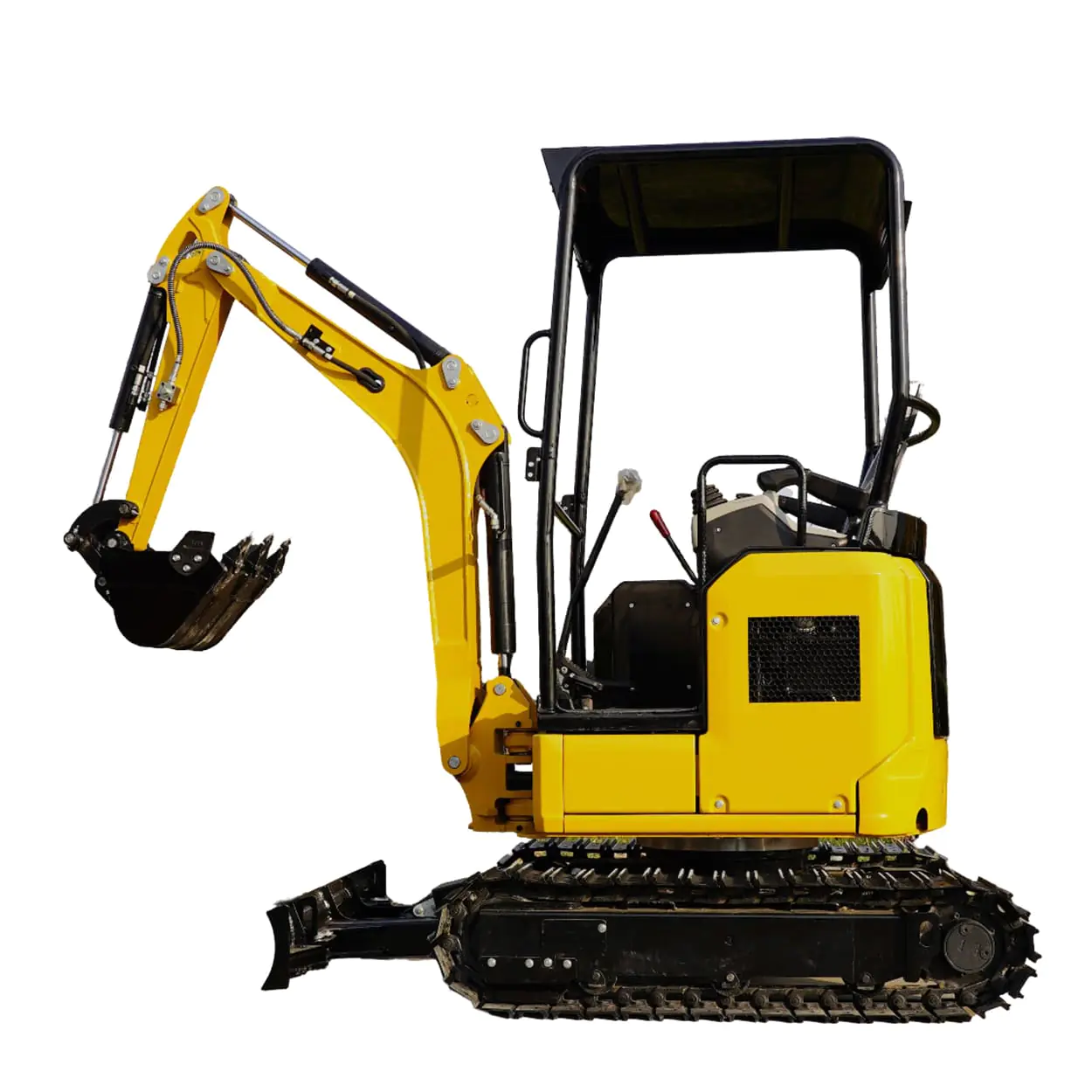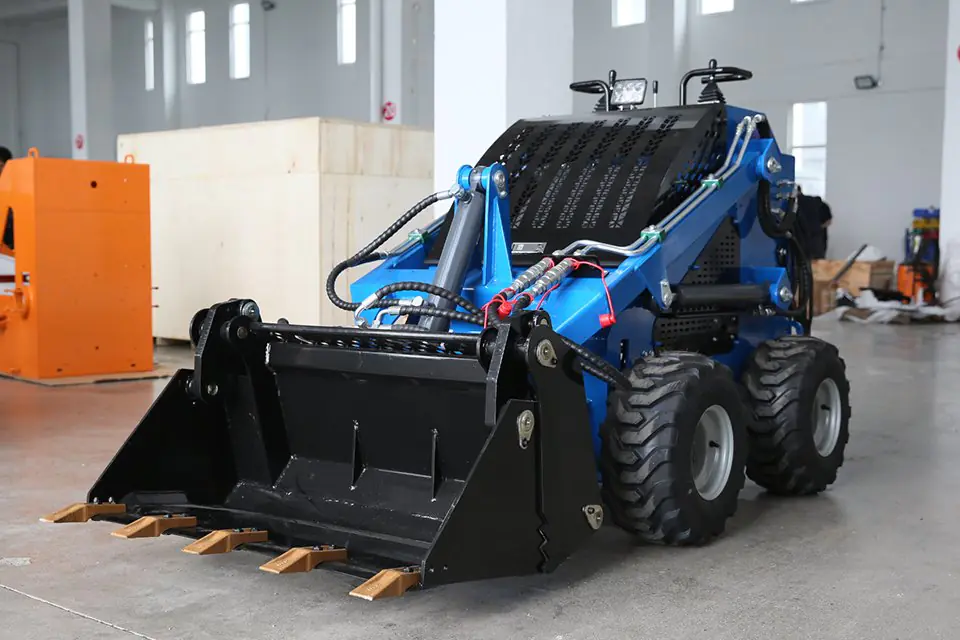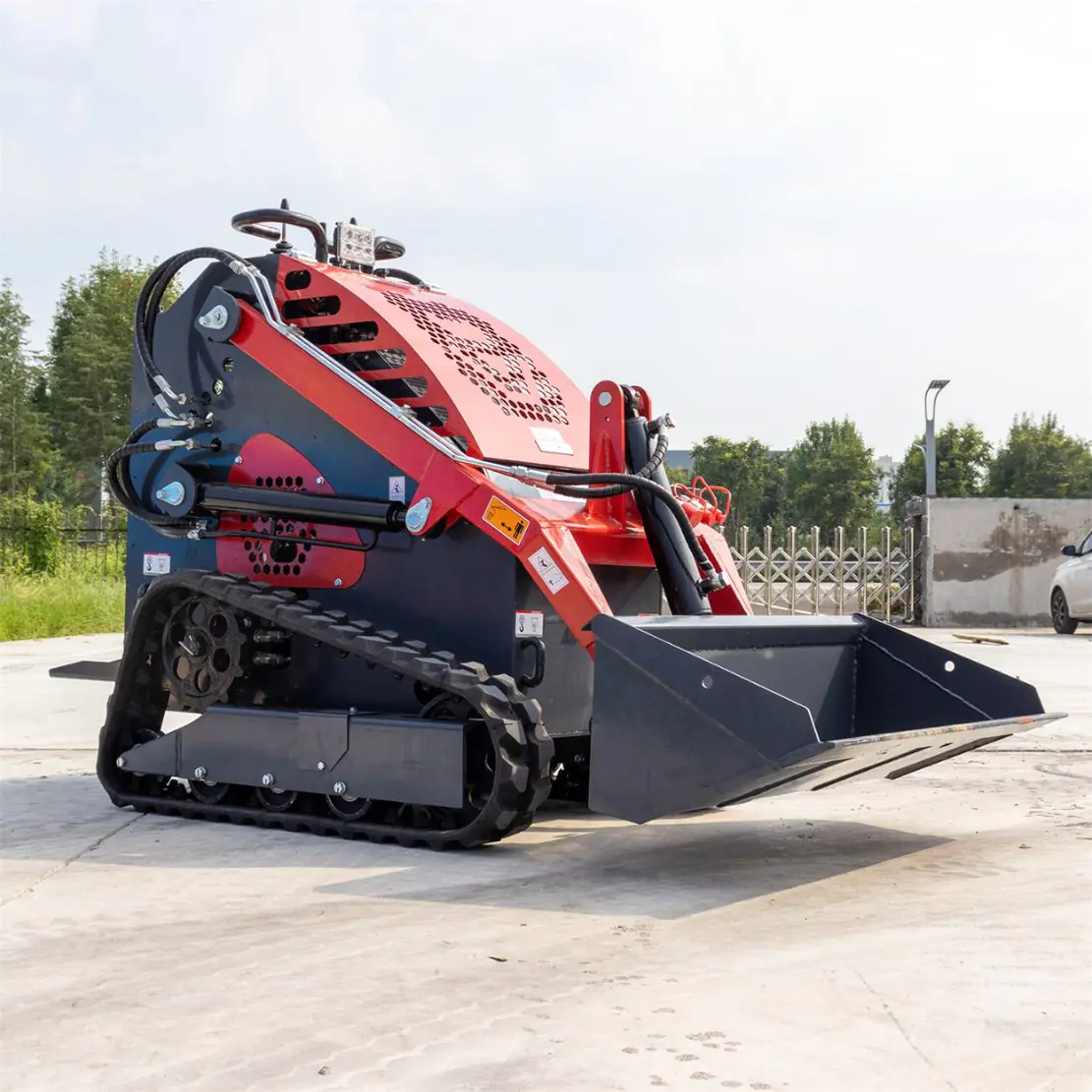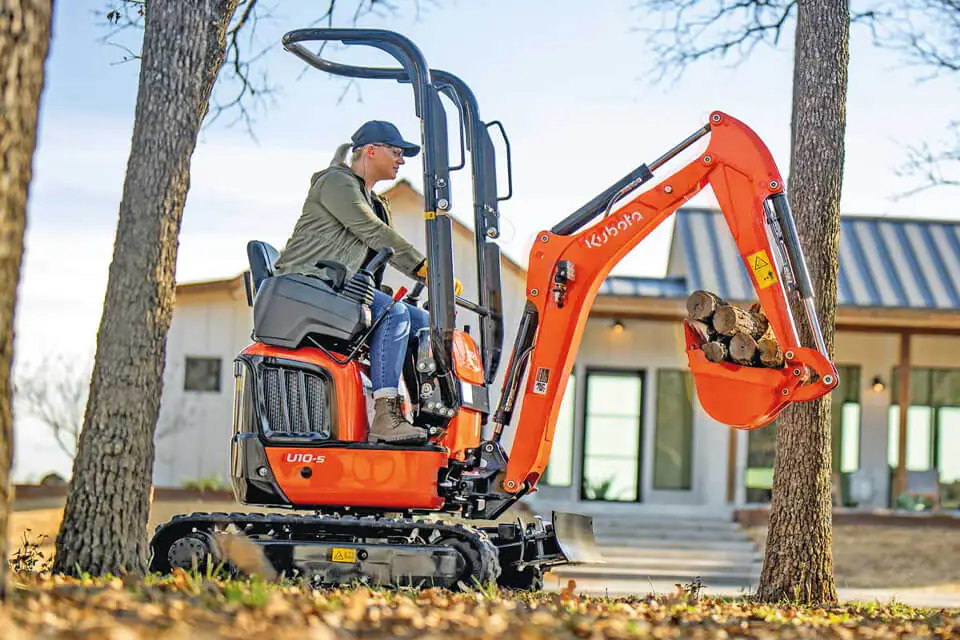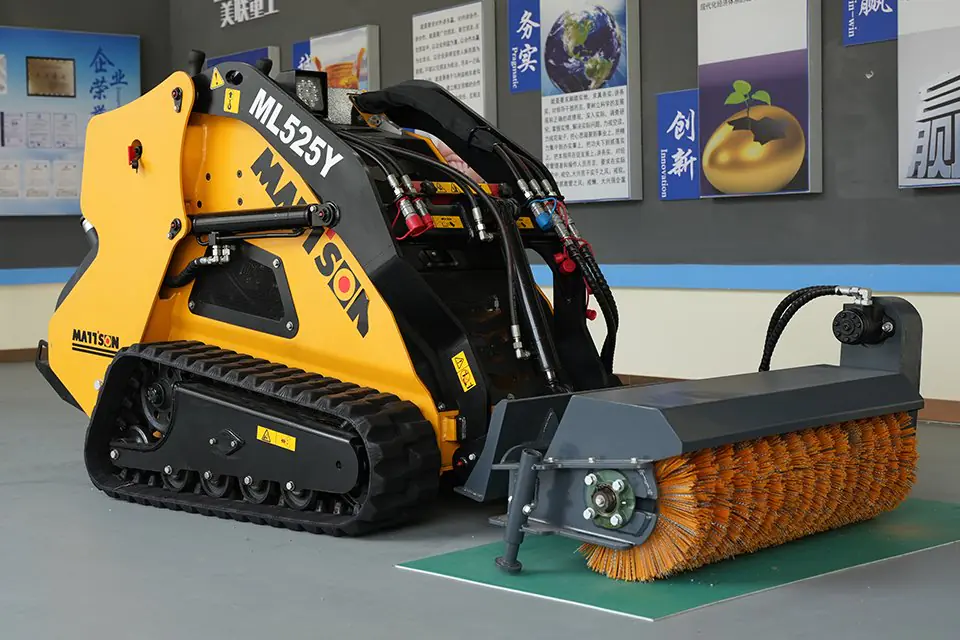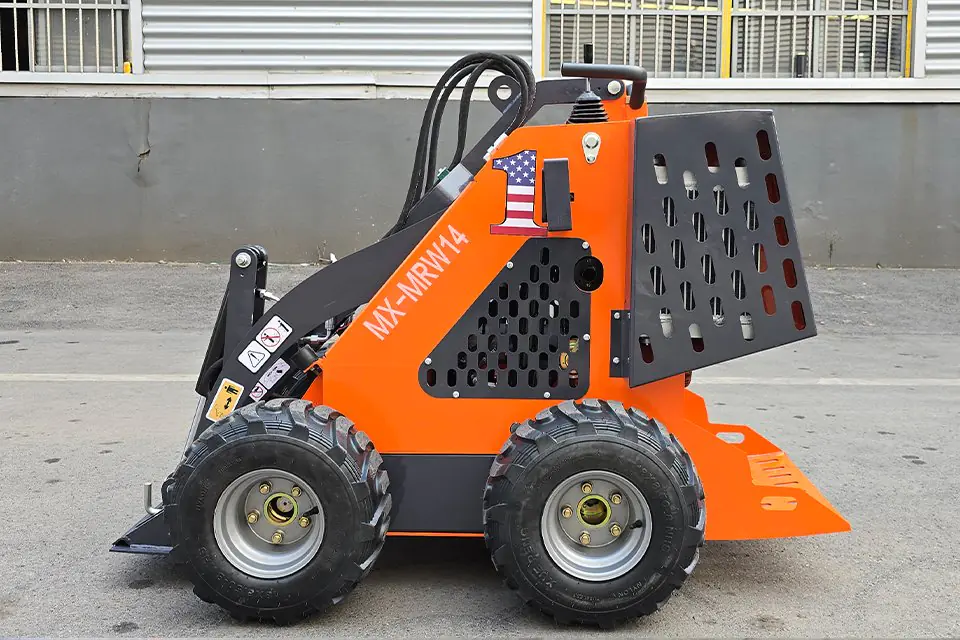Discover the weight of mini excavators and why it matters for your construction projects. Understanding how much a mini excavator weighs is crucial for choosing the right machine and ensuring optimal performance on the job site.
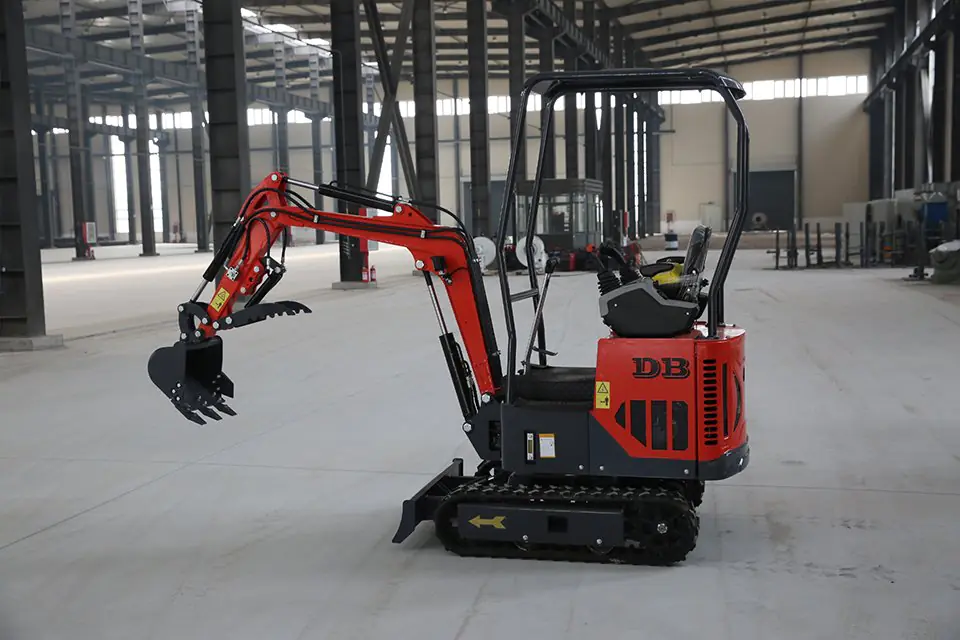
What Is a Mini Excavator and Why Is Its Weight Important?
A mini excavator is a compact, versatile piece of construction equipment commonly used for digging, trenching, and demolition in confined spaces. These machines are smaller than standard excavators but offer exceptional power and flexibility.
The weight of a mini excavator is a vital factor to consider. It affects:
- Transportation: Heavier machines require larger trailers and may need special permits.
- Ground Impact: Lighter excavators are less likely to damage soft ground or delicate surfaces.
- Stability and Performance: The machine’s weight influences digging depth, lifting capacity, and overall stability.
Understanding the weight of a mini excavator helps you choose the right size excavator for your needs, ensuring safety and efficiency.
Understanding Mini Excavator Weight Ranges
Mini excavators generally weigh between 2,000 lbs (1 ton) and 20,000 lbs (10 tons). The operating weight includes the machine’s base weight plus the weight of fluids, a standard bucket, and the operator.
Weight Categories:
- Small Mini Excavators: 2,000 – 4,000 lbs
- Medium Mini Excavators: 4,000 – 10,000 lbs
- Large Mini Excavators: 10,000 – 20,000 lbs
The weight can vary based on the mini excavator models, attachments, and additional features.
How Much Do Mini Excavators Typically Weigh?
How much does a mini excavator weigh? Typically, a mini excavator’s weight ranges from 2,000 lbs to 20,000 lbs. Here are some common mini excavator models and their weights:
- Bobcat E10: Operating weight of 2,593 lbs
- Kubota K008-3: Operating weight of 2,200 lbs
- Cat 300.9D: Operating weight of 2,061 lbs
- Bobcat E35: Operating weight of 7,659 lbs
- Kubota U55-4: Operating weight of 11,915 lbs
The precise weight of a mini excavator depends on the model and configuration. Always consult the manufacturer’s specifications for accurate information.
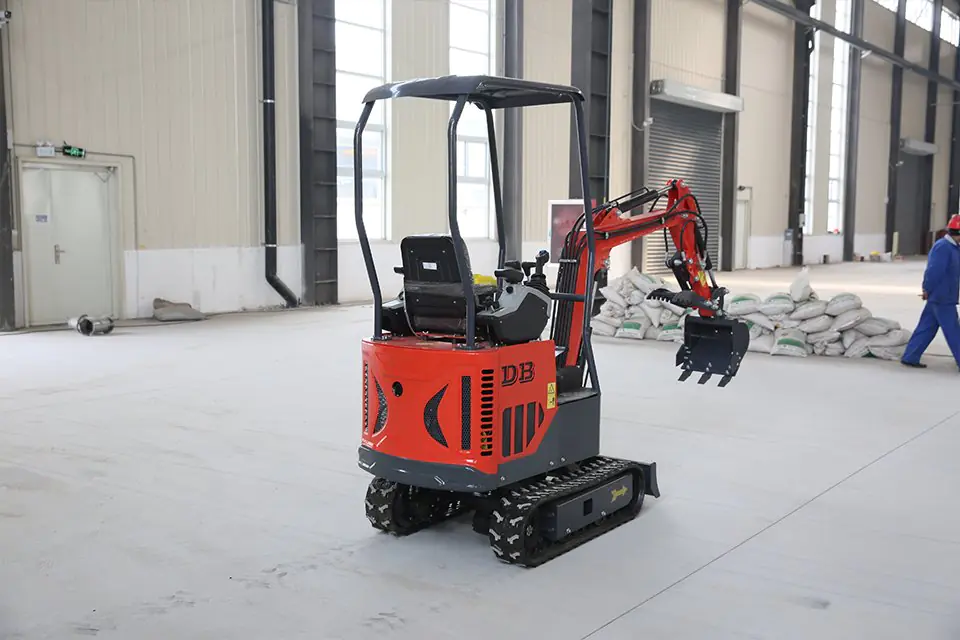
1.2 Ton (2500 Lb) Mini Excavator
Why Does the Weight of a Mini Excavator Matter?
The weight of your mini excavator is crucial because:
- Transportation: Affects the type of trailer needed and whether special permits are required.
- Ground Pressure: Lighter machines reduce soil compaction and surface damage.
- Stability: Heavier excavators offer better stability and lifting capacity.
Understanding the precise weight ensures the excavator operates safely and efficiently, matching the demands of your project.
Choosing the Right Size Mini Excavator for Your Needs
Choosing the right mini excavator involves considering:
- Project Requirements: Depth of dig, lifting capacity, and space constraints.
- Site Conditions: Soil type and terrain.
- Transportation Limits: Vehicle towing capacity and regulatory restrictions.
- Attachments Needed: Certain attachments may require a larger machine.
Selecting the right size mini excavator ensures optimal performance and cost-effectiveness.
Factors That Affect a Mini Excavator’s Weight
Several factors can determine a mini excavator’s weight:
- Model and Make: Different brands like Kubota and Bobcat have varying weights.
- Attachments: Buckets, augers, and breakers add to the machine’s weight.
- Cab Type: Enclosed cabs with climate control weigh more than open cabs.
- Engine Size: Larger engines increase weight but offer more power.
Understanding these factors helps in choosing the right excavator for your needs.
Comparing Standard Excavators and Compact Excavators
Standard excavators are larger and heavier, typically weighing over 20,000 lbs. In contrast, compact excavators or mini excavators weigh less and offer:
- Versatility: Ideal for various tasks with different mini excavator attachments.
- Maneuverability: Better for tight spaces due to their compact size.
- Lower Ground Impact: Less likely to damage surfaces.
Choosing between a standard and a compact excavator depends on the project scale and site conditions.
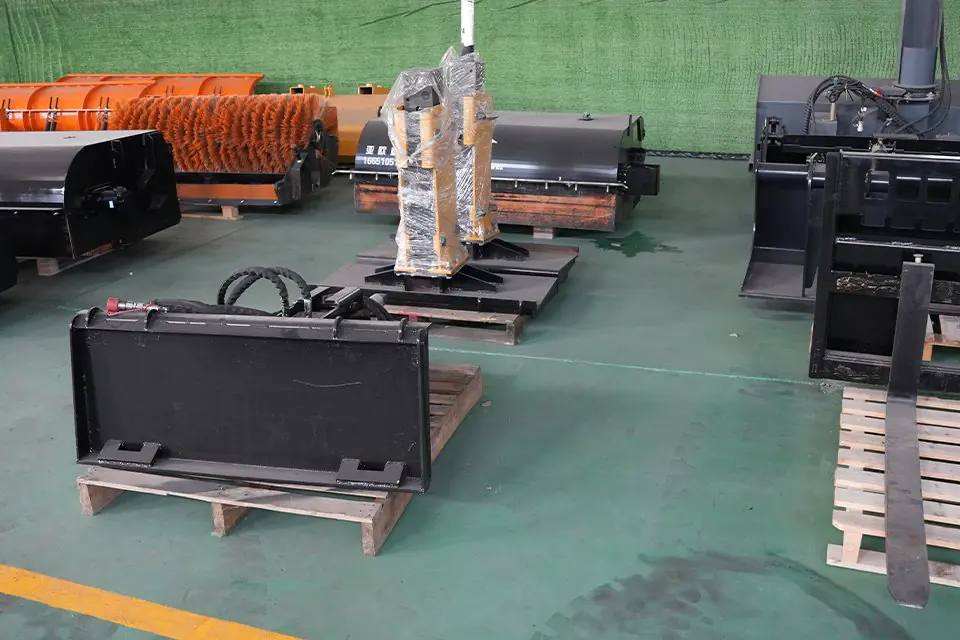
The Role of Attachments in Mini Excavator Weights
Excavator attachments significantly impact the weight of the machine. Common attachments include:
- Buckets: Vary in size and weight.
- Augers: Add weight and are used for drilling.
- Thumbs and Grapples: For handling materials.
Using the right mini excavator attachments enhances versatility but may require adjustments to the machine’s operation due to the added weight.
How to Determine a Mini Excavator’s Weight
To find out a mini excavator’s weight:
- Check the Operating Weight: Listed in the manufacturer’s specifications.
- Include Attachments: Add the weight of any attachments you’ll use.
- Consider Fluid Weights: Fuel, hydraulic fluid, and other consumables add to the total.
Understanding the operating weight helps ensure safety and compliance with transportation regulations.
Renting a Mini Excavator: Weight Considerations
When renting a mini excavator, consider:
- Transportation Capabilities: Can your vehicle tow the mini excavator’s weight?
- Ground Conditions: Match the machine’s weight to site conditions.
- Project Needs: Ensure the excavator’s capacity meets your requirements.
Consult with rental providers to select a machine that fits your project’s needs and your logistical capabilities.
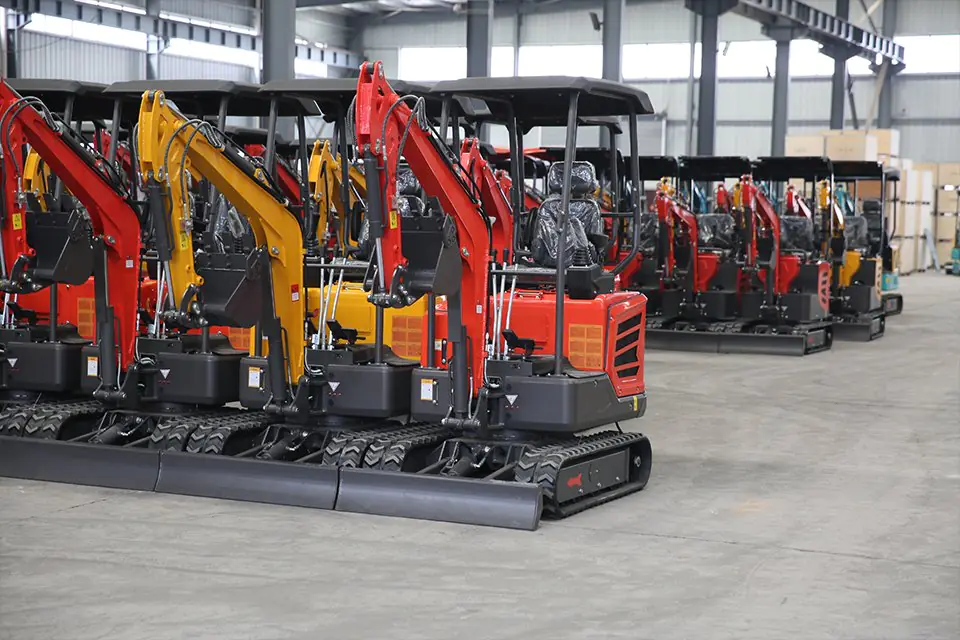
Common Mini Excavator Weights by Model
Here’s a quick reference for weight ranges of popular mini excavators:
- Bobcat E10: ~2,593 lbs
- Kubota U17: ~3,703 lbs
- Cat 303E CR: ~7,782 lbs
- Bobcat E35: ~7,659 lbs
- Kubota KX080-4: ~18,365 lbs
Selecting a model within the appropriate weight category ensures the excavator can handle your project’s demands.
Tips for Choosing the Right Mini Excavator
- Assess Project Requirements: Understand the tasks and conditions.
- Consult Experts: Speak with equipment specialists.
- Test Drive: If possible, operate the machine to feel its capabilities.
- Review Specifications: Check the operating weight, dimensions, and compatibility with attachments.
Choosing the right mini excavator is crucial for efficiency, safety, and project success.
Frequently Asked Questions
How much do mini excavators typically weigh?
Mini excavators typically weigh between 2,000 lbs and 20,000 lbs, depending on the model and attachments.
Why is the weight of a mini excavator important?
The weight of a mini excavator affects transportation, ground impact, stability, and performance.
Can I transport a mini excavator myself?
Depending on the machine’s weight and your vehicle’s towing capacity, you may transport smaller models. Always check regulations and weight limits.
Conclusion
Understanding how much a mini excavator weighs is essential for selecting the right machine, ensuring safe operation, and maximizing efficiency. By considering the operating weight, project needs, and site conditions, you can choose a mini excavator that enhances productivity and delivers optimal results.
Key Takeaways
- Mini excavator weights range from 2,000 lbs to 20,000 lbs.
- Weight affects transportation, stability, and ground impact.
- Attachments add to the machine’s weight and influence performance.
- Choose the right size excavator based on project needs and site conditions.
- Consult with professionals to ensure the mini excavator meets all requirements.
For more information on mini excavators and available models, explore our selection:
- 0.8 Ton Mini Excavator – Perfect for tight spaces.
- 1 Ton Mini Excavator – Versatile and efficient.
- 1.8 Ton Mini Excavator – Ideal for larger projects.
Looking for even more versatility? Check out our Mini Skid Steer Loaders with a wide range of attachments to suit any job.
By carefully considering the weight and capabilities of mini excavators, you ensure that you select the best machine for your needs, leading to successful and efficient project outcomes.
